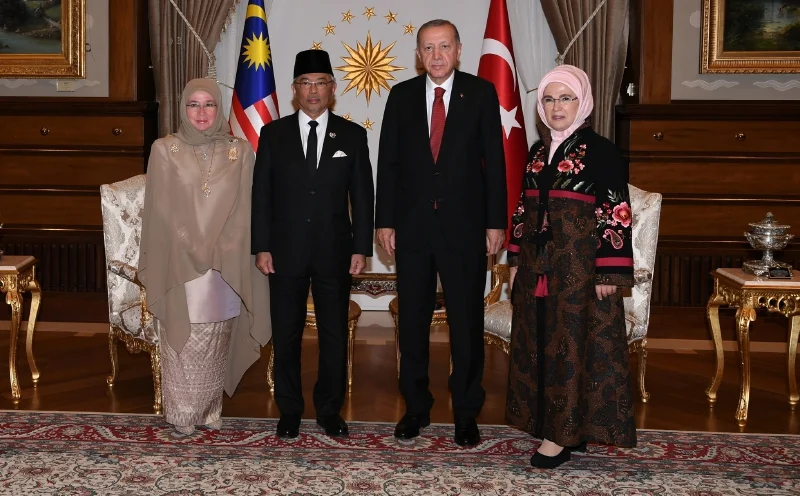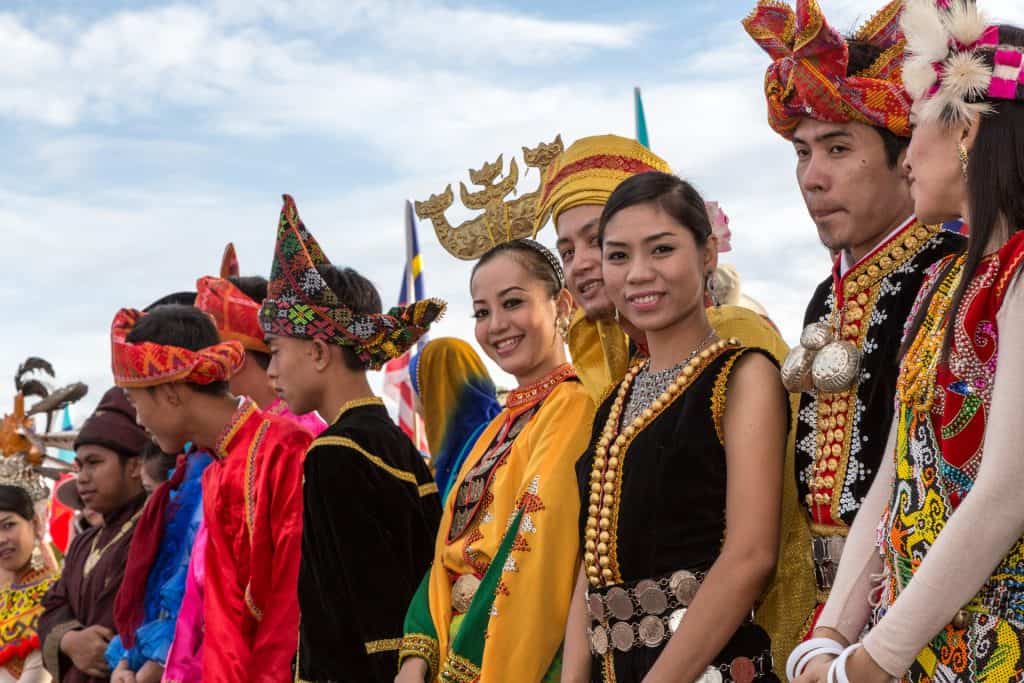The heirs of the Sultan of Sulu made a claim based on a document dated January 22, 1878, in which the then Sultan of Sulu, Sultan Muhammad Jamaluladzam, had leased the territory he controlled in Borneo to Gustavus Baron de Overbeck and Alfred Dent, representatives of the British Company, and were paid five thousand dollars annually as a result of the lease. The Sulu side put forward the ‘lease’ argument when making claims against Sabah. Meanwhile, the Malaysian government argued that it was a cession or handover, not a territorial lease to the British Company.
Therefore, this article makes it clear that this claim should be rejected based on historical facts and the principle of effectiveness. First, when the 1878 Agreement was signed, the Sultanate of Sulu was facing an attack by Spanish colonialists who had long wanted to conquer and colonise the territory of the Sultanate of Sulu. Finally, the Sultanate of Sulu was defeated by the power of Spain, and on July 22 1878, the Sultan of Sulu signed the ‘Bases of Peace and Capitulation’ to surrender all of his territories, including Borneo, to Spain, which was colonising the Philippines at the time. This means that the Sultanate of Sulu has lost the right to rule as an independent kingdom under Spain.
Second, in 1885, the Spanish government signed the Madrid Protocol of 1885 with the British and Germany to recognise the Spanish occupation of the Sulu Islands and in return, Spain gave up all its claims to Sabah and would not interfere in the administration of the British Company. Then in 1898, Spain surrendered its colony in the Philippines to the United States (US) through the Treaty of Paris 1898, which ended the Spanish-American War. However, the US continued to rule the Philippines until it achieved independence in 1946.
It should be emphasised that during the administration of the US in the Philippines, the US outlined the boundaries and limitations of the US jurisdiction of the Philippines and Sabah were not included. The Republic of the Philippines gained independence in 1946 and inherited the Philippines from its former coloniser, the US. Therefore, how can the Philippine government or the heirs of the Sultan of Sulu claim Sabah when their predecessors, the US and Spain, have rejected the claim on Sabah? After all, the claim was made only 16 years after the Philippines’ independence during Malaysia’s formation and not earlier.
Third, the Sultanate of Sulu lost its sovereignty in 1915 when Sultan Jamalul Kiram II surrendered his political power and territory to the US Governor General through the Carpenter Agreement of 1915. This means that the Sultanate of Sulu is no longer a sovereign entity like the princely states in India and the Sultanate of Riau-Lingga and Siak Sultanate, which has become part of the Republic of Indonesia.
The fourth and most important is Effective Control, where political power can prove that it has managed the area continuously for an extended period. In addition, the Effective Control also asserts that if the original owner fails to rule or govern the area for an extended period, it loses its right to the area.
In terms of history, it is evident that Sabah has not been under the rule of the Sultanate of Sulu for 144 years (1878-present), beginning with the administration of the British Company-the Japanese military administration during the Second World War-the British Colony-joining the Federation of Malaysia in 1963 until now. This means that the governance and administration of Sabah are no longer under the Sultanate of Sulu without breaking for more than 120 years. Still, now Sabah continues to be developed under the Federation of Malaysia. The Principle of Effective Control has become the primary guide for the International Court of Justice (ICJ) when making judgments for the Batu Puteh, Sipadan, and Ligitan Islands cases. Therefore, based on Effective Control, Sabah belongs to Malaysia, not Sulu.
Sabah belongs to Malaysia based on the Principle of Effective Control and historical facts where predecessors to the Philippine government, such as the US and Spain, did not make such a claim.
[Photo credit: CEphoto, Uwe Aranas]


